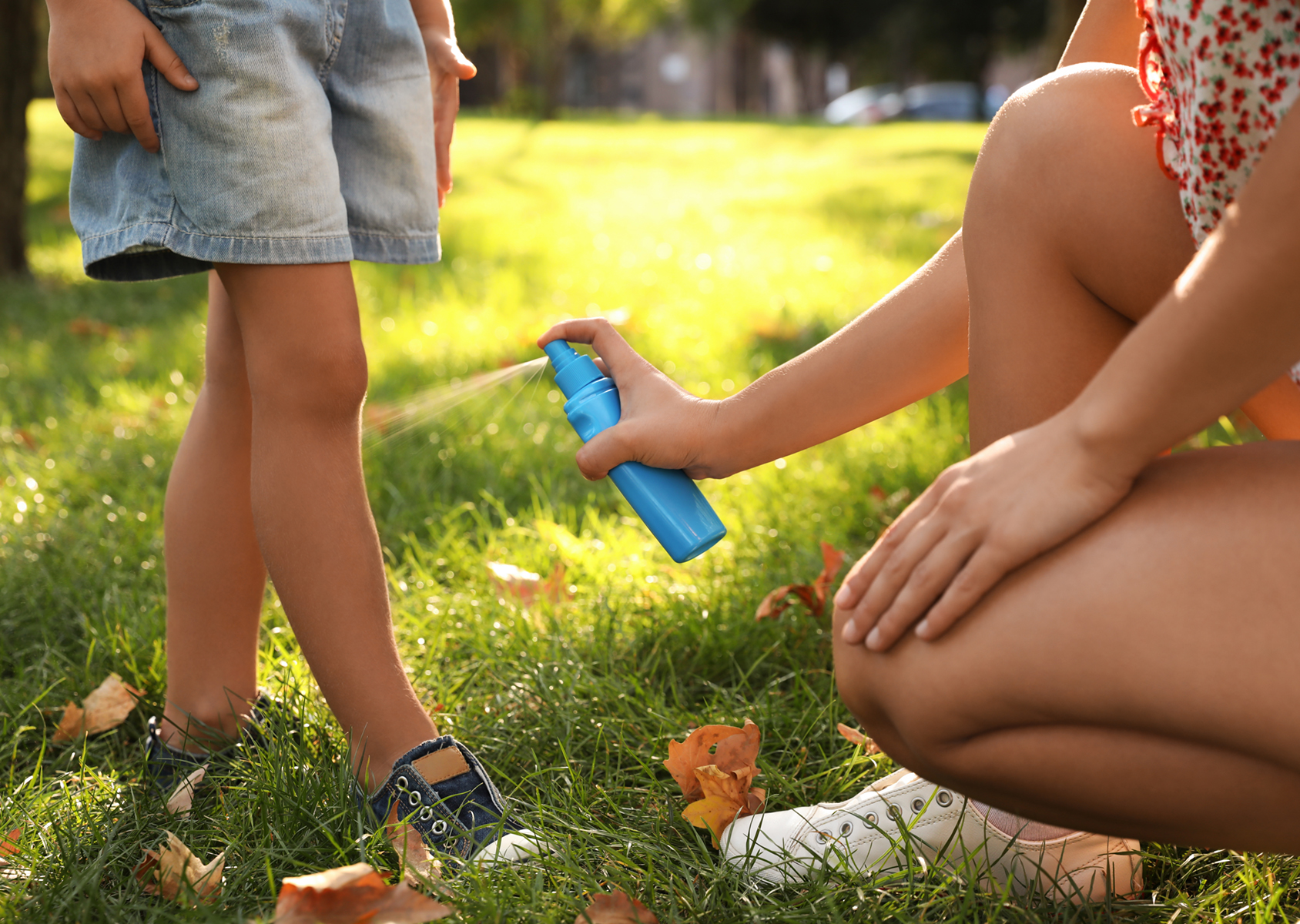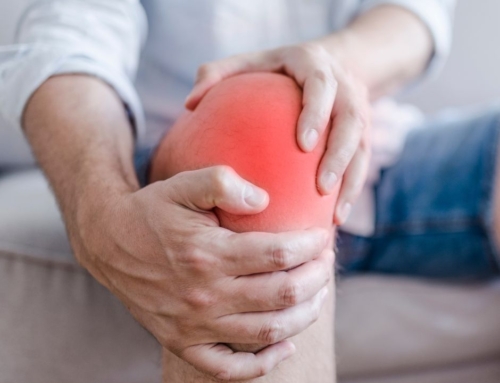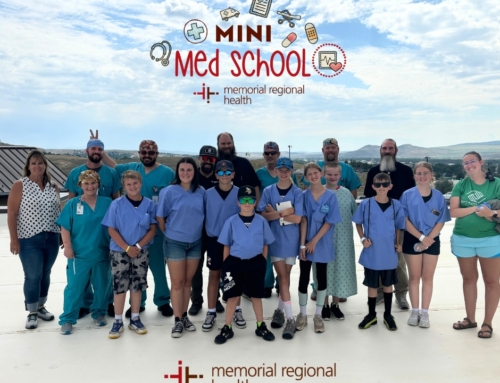Summertime, Bugtime: Tick and Mosquito Safety
Don’t miss any updates from Memorial Regional Health by signing up for our every-other-month Living Well newsletter here.
Summer in Moffat and Routt counties means long, sunny days. Cool nights. Gorgeous wildflowers. Lots of outdoor activities. And yes, ticks and mosquitoes. Keep your family safe from tick- and mosquito-borne diseases this summer by following these common-sense guidelines.
Check for Ticks
In Colorado, ticks are most common at higher elevations like ours. And they emerge in the spring. Wet winters like the one we just had typically lead to large tick (and mosquito) populations the following summer.
Ticks live on grasses. And the taller the grasses grow, the higher the ticks can climb, making it easier for them to hop onto your body when you brush by the grass.
Local ticks are Rocky Mountain wood ticks, and they can carry Rocky Mountain spotted fever (which is rare), tularemia (also rare) and Colorado tick fever (the most common). Lyme disease isn’t transmitted by Colorado ticks because the tick species that carry the pathogen don’t live here.
To protect yourself, use an EPA-approved bug repellent that’s effective against ticks. Spray your clothing and gear with it, and keep your legs and arms covered. Spray any exposed skin with DEET. When you come in from the outdoors, tumble your clothes on high heat in the dryer for 10 minutes to kill any hiding ticks. And check your body from head to toe right away. Ticks take a number of hours to settle in and begin feeding. Look especially in nooks and crannies—under the arms, in and around the ears, inside the belly button, between the legs, etc.
If you find a tick, don’t panic. Just remove it as soon as possible. Use a fine-tipped tweezers to pull it out with steady, even pressure. Clean the bite area with rubbing alcohol, and flush the tick down the toilet. Ticks that are not removed and stay attached for long periods of time can cause a condition called tick paralysis.
If you develop any symptoms after tick exposure—such as fever, chills, rash, headache—see your primary care provider right away.
Minimize Mosquito Bites
Mosquitoes are a nuisance, but they can also carry disease. While Lyme disease isn’t currently a problem in Colorado, mosquito-borne West Nile virus is, including here in Northwest Colorado. Symptoms include fever, headache, body aches and fatigue. Sometimes serious complications such as meningitis can arise, so if you’re sick and may have been bitten by mosquitoes, see your primary provider right away.
To protect yourself from mosquito bites, spray exposed skin with EPA-approved bug repellents such as DEET. But don’t spray near the eyes or mouth, and avoid putting repellent on children’s hands, where it can be transferred to food and the mouth. The idea is that you don’t want the repellents to enter the body. Wearing light-colored, loose-fitting clothing also helps. Long sleeves and pants are best, especially at dawn and dusk, when mosquitoes are most active.
In your yard, get rid of any standing water. That’s where mosquitoes breed. Change the water in pet bowls and birdbaths regularly.
Bug-bite symptoms? To make an appointment with an MRH primary care provider, please call one of the numbers below:
- Craig Medical Clinic: 970-826-2400
- Craig Specialty Clinic (Dr. Kipe): 970-824-3252
- Steamboat Signature Specialty Clinic: 970-826-8440






